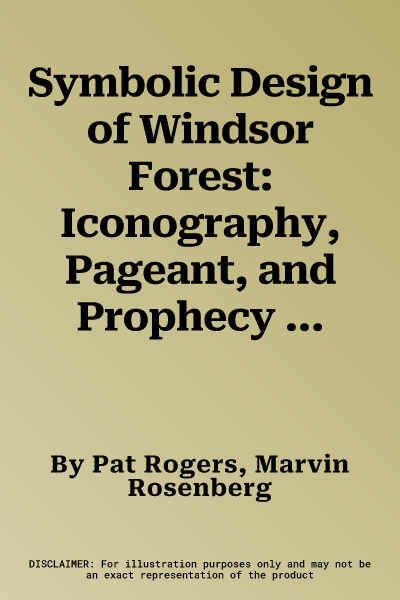Pat Rogers
(Author)Symbolic Design of Windsor Forest: Iconography, Pageant, and Prophecy in Pope's Early WorkHardcover, 1 April 2004

Qty
1
Turbo
Ships in 2 - 3 days
In Stock
Free Delivery
Cash on Delivery
15 Days
Free Returns
Secure Checkout

Print Length
272 pages
Language
English
Publisher
University of Delaware Press
Date Published
1 Apr 2004
ISBN-10
087413837X
ISBN-13
9780874138375
Description
Product Details
Authors:
Book Format:
Hardcover
Date Published:
1 April 2004
Dimensions:
22.86 x
15.27 x
1.45 cm
Genre:
British
ISBN-10:
087413837X
ISBN-13:
9780874138375
Language:
English
Pages:
272
Publisher:
Weight:
576.06 gm